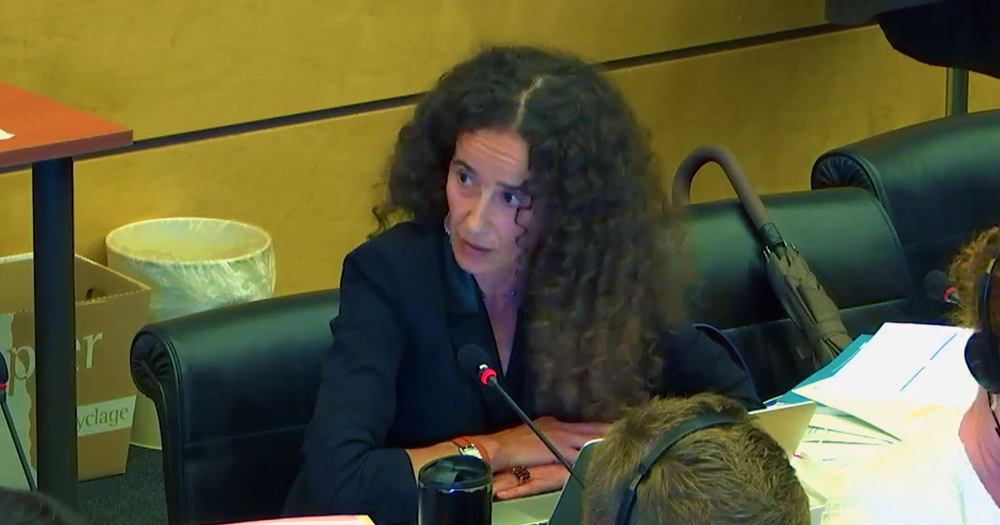Irish abortion laws have been deemed “inhumane” and discriminatory during the most recent International Covenant on Civil and Political Rights (ICCPR) conference, according to the UN human rights council. Attending the conference that took place in Geneva, was Minister for Children, Equality, Integration and Youth of Ireland, Roderic O’Gorman.
O’Gorman was accompanied by a number of NGOs led by the Irish Council for Civil Liberties who will be briefing the body. One such member is Hélène Tigroudja, who pointed out that the Regulation of Termination of Pregnancy Act 2018 has placed “very many barriers, both legal and practical” to “safe, legal and non-discriminatory access to abortion”.
While in Geneva for Ireland’s #ICCPR review, Minister @rodericogorman met with @UNHumanRights and @Refugees to discuss Ireland’s response to global crises including #Ukraine and #Afghanistan pic.twitter.com/mdx9cEsnNY
— Ireland at UN in Geneva (@IrelandUNGeneva) July 4, 2022
In reference to the mandatory three-day wait period for abortion, Ms Tigroudja said this was “a disadvantage for women living in rural areas, women in poverty and women experiencing violence who simply cannot return several times”.
The three-day period is particularly discriminatory towards those accessing abortion in Direct Provision, given the rural locations of DP centres and the economic barriers in place. This comment comes mere days after an anti-choice protest took place in Dublin calling for the preservation of the three-day wait period.
These access barriers cause issues in the case of fatal foetal abnormalities also. According to Irish abortion laws, abortion is a medical option after 12 weeks only if the foetus is incompatible with life and will not survive past 28 days outside of the womb.
However, given the 2018 legislation does not mandate health care practitioners to carry out abortions, if a woman is denied abortion access and unable to travel they must carry the pregnancy to term.
Ms. Hélène Tigroudja of the UN Human Rights Committee has told Ireland our laws do not vindicate legal safe non-discriminatory access to abortion, including the compulsory waiting period and access for vulnerable women #ICCPRIreland pic.twitter.com/28Q6n4PCTR
— Michael Nugent (@micknugent) July 4, 2022
“This is a problem for women who are less well off. They have to continue with their pregnancy. This is inhuman treatment and this is discrimination on the grounds of economic status”, Tigroudja said.
In regards to the mother and baby home survivors, she stated that the conditions surrounding redress are “a complete flagrant violation of the CCPR and the European Convention on Human Rights”. At present, survivors cannot pursue legal action if they wish to access redress.
“I will remind you there are very serious violations here. The payment of financial compensation ex gratia does not free the State of its obligation to investigate, prosecute and bring to justice those responsible for abuse”.
The conference will continue today. Yesterday’s live stream is available in full on the UN website.
© 2022 GCN (Gay Community News). All rights reserved.
Support GCN
GCN is a free, vital resource for Ireland’s LGBTQ+ community since 1988.
GCN is a trading name of National LGBT Federation CLG, a registered charity - Charity Number: 20034580.
GCN relies on the generous support of the community and allies to sustain the crucial work that we do. Producing GCN is costly, and, in an industry which has been hugely impacted by rising costs, we need your support to help sustain and grow this vital resource.
Supporting GCN for as little as €1.99 per month will help us continue our work as Ireland’s free, independent LGBTQ+ media.
